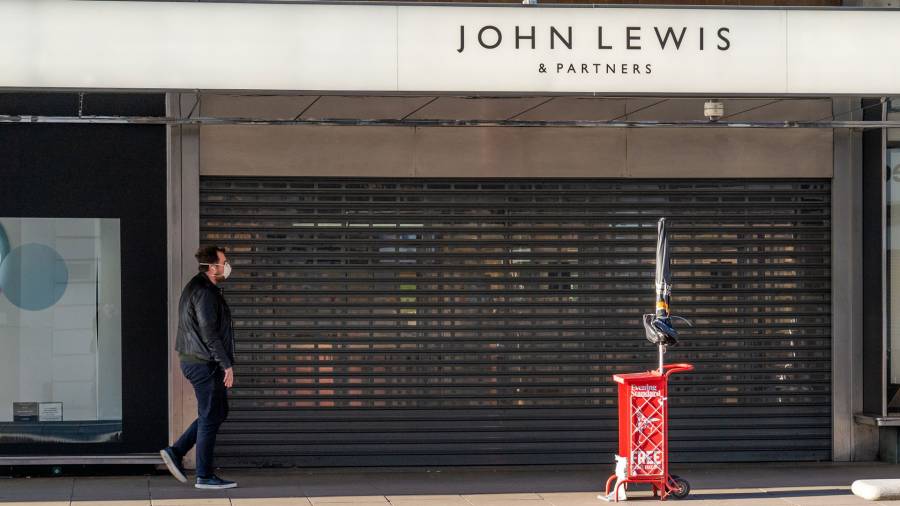A local response to a global crisis
Supporting Housing Solutions residents through the COVID-19 lockdown

INNOVATION & IMPROVEMENT
A member of the Housing Solutions maintenance team gets to work

Orla Gallagher
Chief executive, Housing Solutions
Creating homes and communities that are safe and people are proud to live in is our bread and butter. We’re very hands on. From regular maintenance to providing support and advice to the vulnerable, we’re in and around our residents’ homes a lot. So, the COVID-19 lockdown presented some real challenges: we were more essential than ever, but suddenly it was much harder to get to those that needed us the most.
When it came to meeting the day-to-day needs of our vulnerable residents, I found our position as a medium-sized housing association with a regional focus was, and still is, one of our greatest assets. All our homes are within an hour’s drive of Maidenhead in Berkshire, so we were already deeply rooted in the communities we work with before the pandemic, and that has only increased.
Local knowledge
At every level of the organisation we have a good grasp of our residents’ varied circumstances, which means we could quickly see where we should step in and boost support.
Also, early on we committed to contacting all our vulnerable residents to find out what additional needs they might have. Our local workforce really came into its own here. 90% of our staff live in the areas we serve, so they’re a trusted and familiar voice. They’re prepared to go the extra mile for our residents, who are also their neighbours.
“90% of our staff live in the areas we serve, so they’re a trusted and familiar voice. They’re prepared to go the extra mile for our residents, who are also their neighbours”
Perfect partners
With just 160 staff, some of whom were furloughed, we couldn’t provide all this support without the right partners. We’ve been working with organisations in the area and the local authorities for years, which meant we knew who to call to start co-ordinating our response. I’m really proud of how swiftly we’ve pulled together.
Once we identified an issue, we could use the community network we’d built to quickly find a solution. For example, by contacting The Brett Foundation to deliver regular food parcels, arranging regular phone calls for anyone feeling lonely or searching our contacts to find dog walkers. I’ve also been in contact with nearby housing association chief executives to share ideas and team up where we can.
Of course, it has not been easy. These have been some of the most fraught days of my career. But having a relatively small and nimble team helped us transition to remote working smoothly and assist those who couldn’t effectively. Some jobs can’t be done from home and can’t wait, such as essential gas works. Our in-house maintenance team has worked tirelessly to make sure compliance is met while being sensitive to the situation of the people they’re visiting.
What’s next?
Looking ahead, we’re clearly going to be impacted by the economic fallout of COVID-19. Many of our residents have lost their jobs and we’ve been helping them to apply for universal credit and other benefits. But our ability to support people has grown during the crisis because of the local connections we’ve made and will continue to make, hopefully pushing into areas such as employment and education to help those hardest hit to bounce back.
And if I’ve had a particularly tough day, I can always dip into the CT WhatsApp group, where I’ve been getting to know some of the characters I’ve yet to meet in person. They’re guaranteed to bring a smile to my face and a welcome boost for the next day.


